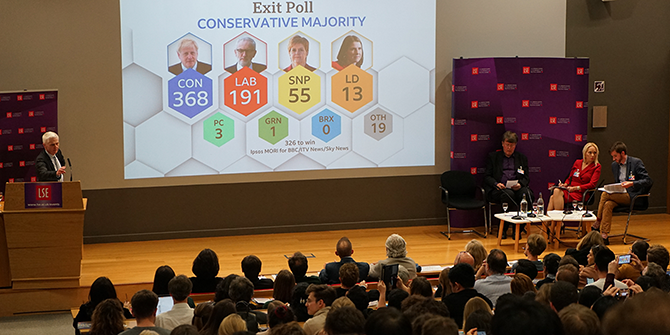Francisco Garcia-Gibson explains why every country can and must take real action on climate change.
The vast majority of countries contribute less than 1% each to the world’s total greenhouse gas (GHG) emissions. It may seem that these countries thus have little reason to pursue emissions-reduction policies: the effect on global warming would be negligible. This reasoning, frequently put forward by opponents of climate policy on social media, is faulty.
The challenge
Except for 15 countries—most notably China and the US—each country’s share of global GHG emissions is below 1%. In fact, most countries’ share is below 0.1% . Thus, individually each one of these countries can have at best a minor impact on global warming, even if the country reaches net zero emissions soon. Unless many other countries reduce their GHG emissions, global mean temperatures will rise to almost the same level despite each of those countries’ efforts. And if most other countries do reach net zero emissions, each country would make things only slightly better by reducing their own.
This matters because reducing a country’s emissions can in some cases be initially costly, demanding resource investments that could make a big difference if made elsewhere, such as in healthcare provision. Why, then, should each of these (relatively) low emitting countries reach net zero?
This question is challenging even for countries whose populations are genuinely worried about the consequences of climate change. People sometimes self-interestedly worry about climate change, e.g. about the economic harms they may suffer from droughts and floods. People also altruistically worry about climate change, such as when they worry about how climate change could harm people who live in other countries or who will live in the future. Now, even people who altruistically worry about climate change may wonder whether incurring the often high costs of reducing emissions in their relatively low-emitting country is really worth it, given the limited impact this would have on the global problem of climate change.
Even 0.1% matters
The first simple answer to this challenge is that reducing a mere 1%—and even 0.1%—of the world’s total emissions can already prevent a lot of damage from climate change. Economists often estimate these damages in terms of the ‘social cost of carbon’, i.e., the monetary value of all the damages to human society expected to be caused by emitting a ton of CO2 today. A recent survey of experts places the social cost of carbon today between US$80 and US$100. This means that 1% of global GHG emissions [around 400 million tons CO2 equivalent] will cause at least US$32bn in damage.
A more striking measure is the ‘mortality cost of carbon’, the number of temperature-related deaths caused between today and 2100 by emitting an additional ton of CO2. In a single year just 1% of global emissions cause in expectation around 90,000 deaths (and 0.1% of global emissions, 9,000).
Co-benefits of reducing emissions
The second answer is that for many countries leaving fossil fuels behind has immediate net benefits. Leaving climate change harms aside, producing and burning fossil fuels has serious local environmental impacts, such as reducing air quality, which causes respiratory and other problems. When such health co-benefits are accounted for, the economic costs of transitioning to non-fossil energy sources are offset by the economic benefits produced by better human health.
Other co-benefits include less exposure to energy price volatility, improved agricultural products thanks to reduction in airborne pollutants, and a more efficient tax system (once fossil fuel subsidies are removed).
Leadership
The third answer is that even low-emitting countries can make a significant difference to global emissions through leadership. When a country is a first mover in cutting emissions, this can reduce the economic costs for others who attempt the same cuts later. The new technologies that a country develops for reducing its emissions can be used and improved on in other countries.
First movers can also provide reassurance to other countries who for economic or other reasons are only willing to reduce emissions if other countries reduce them as well. A mere pledge to reduce is often not enough to reassure others, deeds are needed.
Countries that reduce emissions early can also help spread social norms requiring emissions reductions. For example, consider a social norm that socially sanctions fossil energy production and consumption. Citizens, and particularly public officials, in other countries can be led to adopt such a norm when they see that people adopt it in a country they regard as a model.
In sum, the fact that a country contributes a mere 1% (or even just 0.1%) to global emissions is no reason not to reduce its emissions. Indeed, doing so can prevent substantial harm to others, be immediately economically beneficial, and even push other countries to reduce them too.
Note: this article gives the views of the authors, and not the position of the LSE Department of Government, nor of the London School of Economics.
Image credit: ‘Melting Icicle’ by Matt Millard





